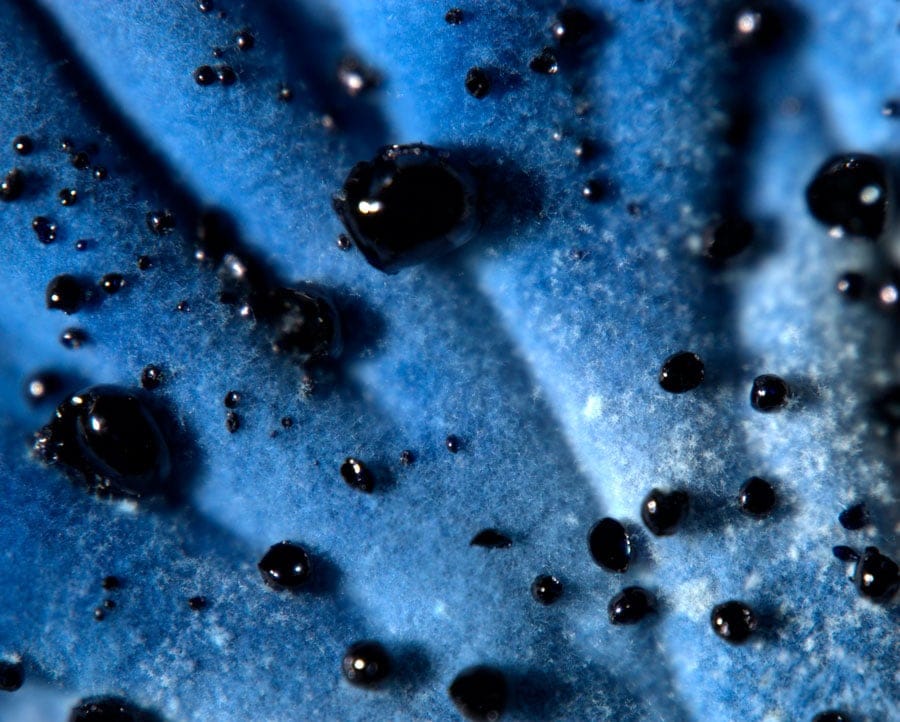Tag: antibiotics
Combatting antimicrobial resistance using novel small fusion proteins

Antibiotic resistance is a public health burden worldwide. Alternatives to antibiotics that can counter the detrimental effects of resistant ‘superbugs’ are urgently needed. Dr Xristo Zarate at the Autonomous University of Nuevo Leon in Mexico and his collaborators have worked extensively on developing novel small carrier proteins, like SmbP and CusF3H+, for recombinant protein and peptide expression and purification in […]
Read More… from Combatting antimicrobial resistance using novel small fusion proteins
New molecules help battle antimicrobial resistance

The overuse of antibiotics over the years has made them less effective in fighting infectious diseases and has led to the emergence of superbugs that are resistant to many different antibiotics. Professor John Wade and Dr Wenyi Li at the University of Melbourne, Australia, together with their collaborators, focus on the development of new antimicrobials to combat infections caused by […]
Read More… from New molecules help battle antimicrobial resistance
Antibiotic resistance in enterobacteria from pigs

Antibiotic resistance is a global threat affecting humans, pets, livestock and plants. As antibiotic usage to prevent infections is commonplace in livestock farming, there is a significant pressure to adopt alternative farming practices. Dr Dominic Poulin-Laprade and her colleagues at Agriculture and Agri-Food Canada and at the Canadian Food Inspection Agency, investigated how antibiotic-free farming practices affected the presence of […]
Read More… from Antibiotic resistance in enterobacteria from pigs
Clostridium difficile infection: Risk factors and potential vaccines

Antibiotics treatment is one of the main factors of risk for developing Clostridium difficile (C. diff) infection, a condition responsible for nearly 500,000 infections and 30,000 deaths each year in the U.S. alone. Dr Joseph Shiloach, Dr Ashish Sharma and their collaborators at the Biotechnology Core Laboratory of the National Institute of Diabetes and Digestive and Kidney Diseases (NIDDK) optimised […]
Read More… from Clostridium difficile infection: Risk factors and potential vaccines
The CEASE approach: A framework to tackle COVID-19 and other microbial threats

While the COVID-19 virus continues to spread in many countries worldwide, some researchers are investigating the implications of regularly using antimicrobial products and antibiotics, which could contribute to a concerning phenomenon known as antimicrobial resistance (AMR). Dr Teddie Rahube at Botswana International University of Science and Technology has recently developed CEASE, an approach that addresses some of the challenges associated […]
Read More… from The CEASE approach: A framework to tackle COVID-19 and other microbial threats
Breaking down the fort: Combatting clinical biofilms

Treating bacterial infections can be challenging, even more so when they build a fort. These forts, or ‘biofilms’, form on living and non-living surfaces, such as heart valves, and protect bacteria from immune responses and antibiotics. This can lead to serious, chronic conditions, for instance an infection of the heart’s lining (endocarditis), relapsing infections and increased mortality. To help combat […]
Read More… from Breaking down the fort: Combatting clinical biofilms
Unlocking the chemical secrets of microbial conversations

Dr Matt Traxler of the University of California, Berkeley, is changing the way we study microbes. Gone are the days of thinking about a single species in a pure culture in the lab – Traxler and his team of graduate students and postdocs are developing a version of mass spectrometry which promises to allow single microbial cells, and their interactions […]
Read More… from Unlocking the chemical secrets of microbial conversations
A new class of antibiotic drugs

Finding new classes of antibiotic drugs could not only save human lives, but also greatly reduce the healthcare costs related to tackling bacteria resistant to currently available drugs. Professor Chris McMaster, director of the Cheminformatics Drug Discovery Lab at Dalhousie University in Halifax, Canada, is developing a new class of antibiotics, while trying to overcome the many challenges associated with […]